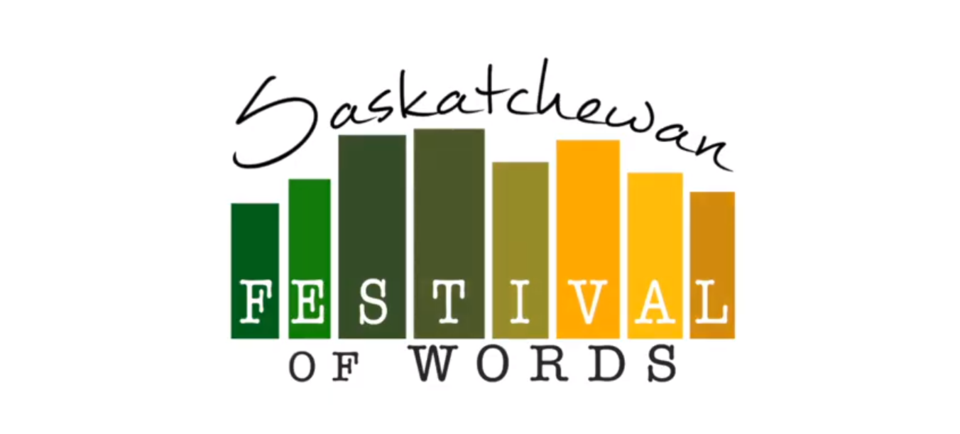Saturday at the Saskatchewan Festival of Words was packed with popular events, including another four author reading sessions at the Moose Jaw Public Library (MJPL), an environmental panel, a Thistledown Press book launch, and this year’s live concert with country music artist Don Amero.
Friday evening’s Trivia Night at Bobby’s Place was followed at 8:30 p.m. by the usual Spoken Word Showcase, featuring artists Brandon Wint, Khodi Dill, Kai Cheng Thom, Janelle Pewapsconias, and Jillian Christmas. Glenda Julian, chair of the Festival of Words, reported that the performances were as excellent as ever.
Climate to Change: Inspiration and Conservation
The environmental panel in the afternoon was well attended, although the panel line-up experienced some last-minute changes. Warsha Mushtaq and Erica Violet Lee were unable to make it and were replaced by Patricia Robertson and Moose Jaw city horticulturalist Sarah Regent. The panel was moderated by Amanda Leduc.
Jerry Haigh is a Kenyan-born, Scotland-educated veterinarian who resides in Saskatoon. Haigh is a world traveler who has worked with species ranging from owls to polar bears, reindeer to moose, elephants, eagles, rhinos, and lions.
Haigh’s latest book is Reindeer Reflections, which draws on his experiences working with domestic reindeer in Finland and Mongolia. Haigh expressed his sadness during the panel for the effects that climate change is having on many populations — seasonal changes to the food supplies of reindeer, for example, have led to mass starvation and crashing numbers in some places.
Regent is a professional agrologist and certified arborist with a passion for nature and environmentalism. She said that even in the six years she’s been the city horticulturalist, she’s seen increasing disruption of established weather patterns.
“It used to be that things were fairly predictable,” she explained. Plants and animals are very dependent on the climate and the subsequent weather for timing their lives — that isn’t easy anymore. Those difficulties affect agriculture as well.
“All these different concerns, which are really up in the air, are not as predictable and easy to deal with, and a lot of the literature becomes outdated quite quickly. … We are starting to go to more time- and temperature-based models, but … it’s making things hard.
“There’s that urgency that we need to do as much as we can as soon as we can because it’s just going to keep getting worse.”
Patricia Robertson was born in the UK and grew up in BC. She received her MA in creative writing from Boston University and her work has appeared in Best Canadian Stories and Best Canadian Essays. She has been nominated for numerous writing awards, served as writer-in-residence at libraries and universities across Canada, and is also a poet, professional editor, and a long-time mentor to other creative writers.
Robertson spoke passionately about the need for humans to adapt more quickly and feel more urgency than is currently common. She pointed out that climate change disproportionately affects minority and marginalized populations — transitioning to sustainability is, therefore, a social justice issue.
One of Robertson’s books, The Fire Reapers (2013), imagines a future where wildfires are a threat year-round.
“California is now in that situation,” she said. “It’s going to come in BC. … People have said that it’s easier to imagine the end of the world than the end of capitalism. I think we really need to come up with an alternative to capitalism, because it is a death cult.”
Her remarks were met with resounding applause from the audience.




